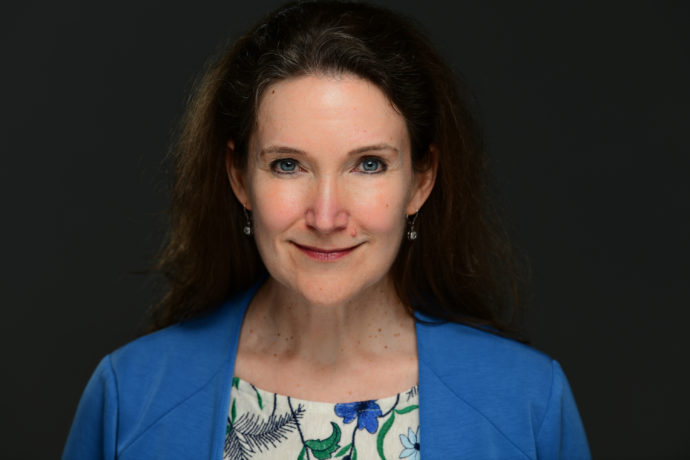Schedule – 25/mar/2021 (thursday)
Access: Videoconference
| Time | Activity | Guests |
| 1:00-1:15pm (BRT) | Opening - Introduction over Data Science Experiments and FAIR approach | Pedro Luiz Pizzigatti Corrêa - PCS/EPUSP |
| 1:15-1:30pm (BRT) | General problem of Reproducibility in Data Science. | Shelley Stall AGU - USA
Romain David ERINHA - France |
| 1:30-2:00pm (BRT) | Challenges in reproducibility of Deep Learning experiments - presentation of an example | Ali Ben Abbes Fondation Biodiversité - France
Laure Berti-Esquille Espace-Dev/IRD, - France Marc Chaumont ICAR/LIRMM, CNRS/Univ. Montpellier/Univ. Nîmes - France Gerard Subsol ICAR/LIRMM, CNRS/Univ. Montpellier - France |
| 2:00-2:15pm (BRT) | Experiences on reproducibility of paper experiments. | Jeaneth Machicao- PCS/EPUSP - Brazil
Pedro Corrêa - PCS/EPUSP - Brazil |
| 2:15-2:45pm (BRT) | Round Table about Reproducibility in Data Science Experiments as a FAIR approach | Moderator:
Jorge Rady de Almeida Junior- EPUSP – C2D - Brazil |
| 2:45-3:00pm (BRT) | Closure | Pedro Luiz Pizzigatti Corrêa- PCS/EPUSP |















